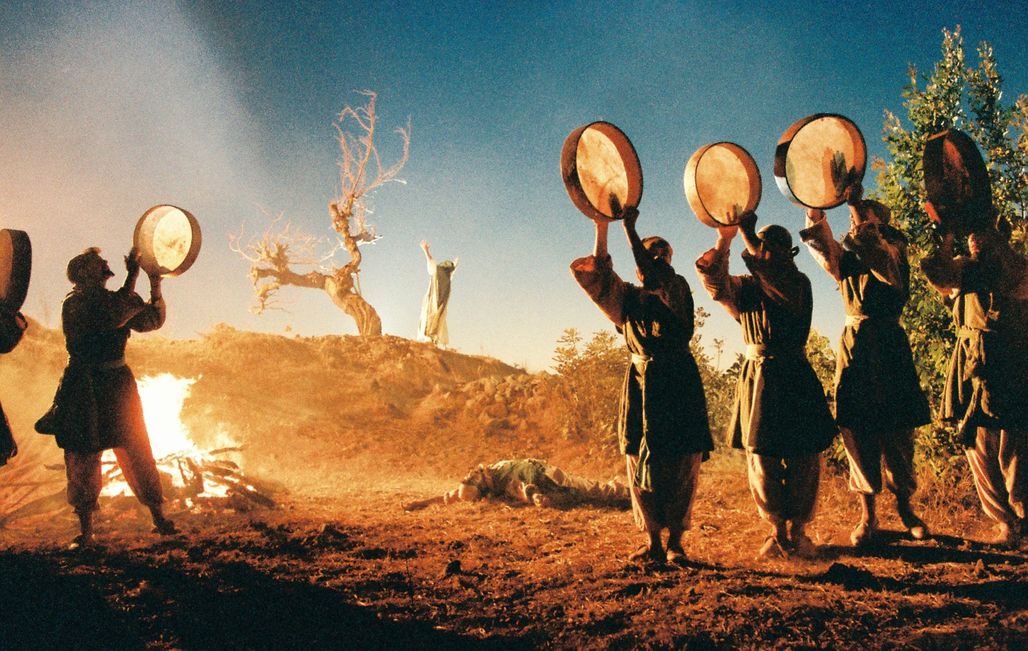
Youssef Chahine makes a plea for tolerance and cultural awareness in Al Massir (Destiny)

The Egyptian director Youssef Chahine, who visited Cannes in 1997 to present Al Massir (Destiny), was awarded the 50th anniversary prize that year for his entire œuvre. Here are three good reasons to revisit Destiny, a film about the Muslim philosopher Averroes, at the Cinéma de la Plage.
For the values it upholds:
Destiny tells the story of Averroes – a famous 12th century Andalusian philosopher whose ideas influenced human thinking up to the present day – at a point when his work was threatened with being burnt. Youssef Chahine denounces the backlash and delivers a heartfelt plea against racism and intolerance. Twenty years on, his message continues to resonate in the current context, a sign of the timeless nature of his work.
For its originality:
Destiny is a blend of genres, midway between a drama and a comedy, whose scenes include musical-style song and dance routines. In using this format, Youssef Chahine manages to popularise a sensitive and controversial subject.
For its director:
Youssef Chahine was a passionate humanist who championed peace and tolerance through the 30 or so works in his filmography. Based on his first-hand experience in Egypt, his films are characterised by his critical view of the country and his disdain for fanatics. The filmmaker, who explored the farthest corners of Egypt, angered fundamentalists with his film The Emigrant, produced in 1994 and banned until 1995. Although he directed other famous works – The Earth, The Iron Gate and Alexandria New York – Destiny was to be his greatest success in France.


